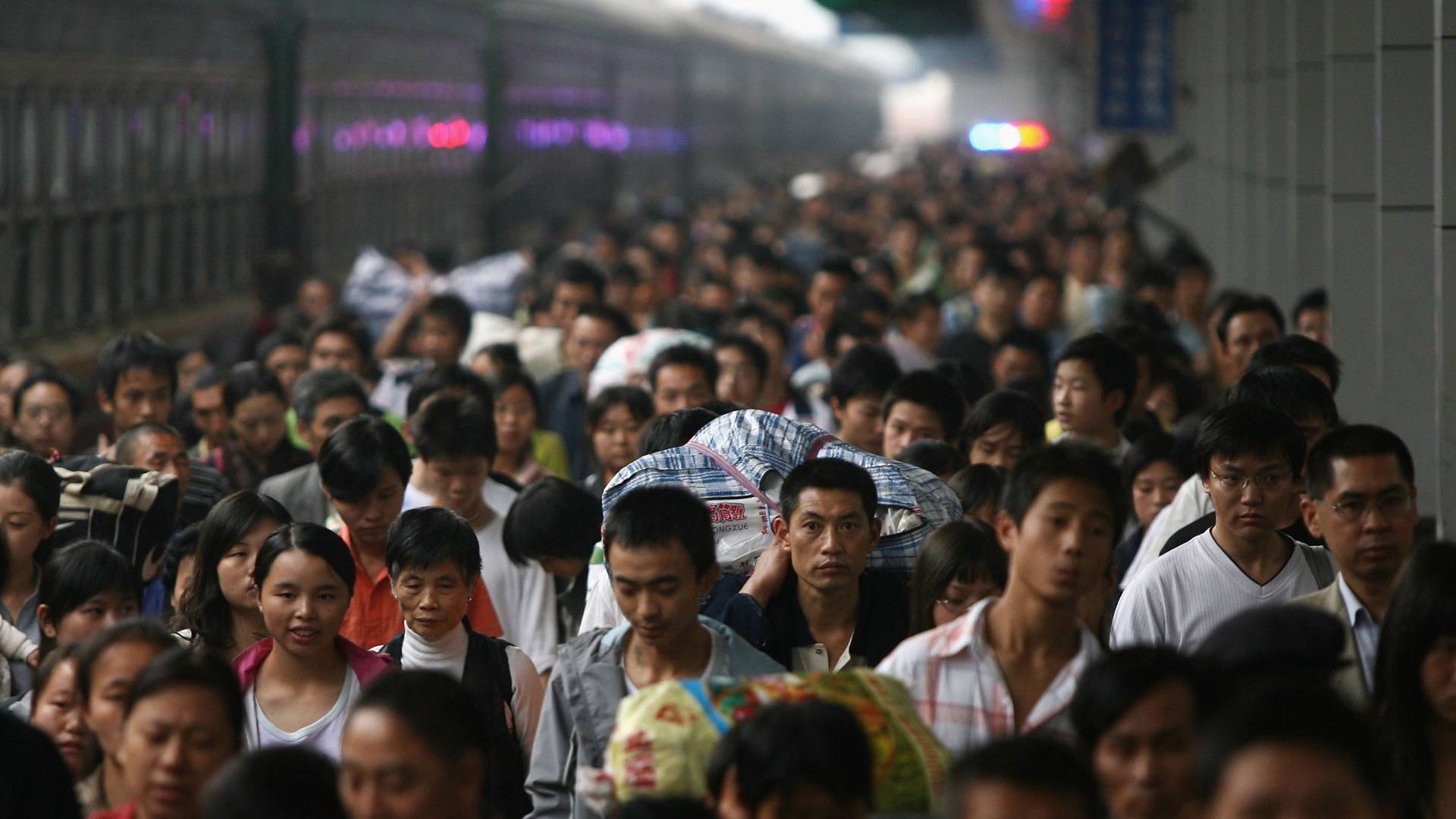China is likely to be out of step with most of the other countries in Asia Pacific that have said they will relax restrictions on international travel in the coming months.
This assessment was issued to clients of Dragonfly’s Security Intelligence & Analysis Service (SIAS) on 5 October 2021.
Although it has partially eased an earlier entry ban on non-Chinese nationals, we anticipate it will keep some restrictions in place to regulate access by foreigners from specific sectors to the country. This would be in line with a trend in recent years during which China seems to have become selective when issuing work visas and residence permits for foreign nationals.
International travel to China for foreigners is still restricted. All arrivals must have valid visas or residence permits and there are only a few limited circumstances under which non-Chinese nationals are allowed to apply. These include family health emergencies and visits for economic, scientific or technological purposes, which also require an invitation letter from the local authorities. From what we have observed, people from organisations that have close relations with the authorities seem most likely to obtain visas.
We are aware of some foreigners who were able to enter China in the past few months, mostly for business purposes. But based on our conversations with several people who have business interests in China, mandatory quarantines and restrictions are still discouraging many from traveling. Currently, all arrivals must quarantine between 14 and 21 days at a hotel. Each province determines the exact length and cost of quarantine and certain visas also require applicants to receive both doses of a Chinese-manufactured vaccine.
We do not anticipate that China will relax its restrictions on international travel any time soon. Even before the pandemic, the country had become more selective when allowing foreign nationals to live or reside in the country. Several foreign professionals we have spoken to over the past two years have repeatedly encountered new bureaucratic hurdles when applying for visas or were denied work permits. Given this longer-term trend, we assess there is a high likelihood China will use Covid-19 as an opportunity to further regulate foreigners’ access to the country.
These efforts by the authorities to reduce the foreign presence in China appear to be mainly targeted against professionals working in the industries that the government perceives as sensitive or are trying to regulate more tightly, rather than tourists. Such sectors include political risk, journalism and NGOs, but also high information-value sectors such as law firms, professional services such as auditing and research, as well as areas of banking, for example equity analysis.
Domestic travel
In contrast, the Covid-19 pandemic is having a less significant impact on domestic travel. This is also a view of our source who is a political researcher based in Beijing. Indeed around 650m people still plan to travel during the national Golden Week which began on 1 October compared to around 810m in 2019. Domestic travel is regulated through locally-mandated apps. Based on travellers’ health status recorded on apps, people are either allowed to travel freely or must isolate themselves at home when entering different provinces.
There is a high risk of travellers being unable to leave provinces should there be a sudden surge in Covid-19 cases. The Chinese government has followed the so-called ‘zero-Covid’ approach which includes localised lockdowns, mass testing and quarantines even when only a small number of locally-transmitted cases emerge. And while this means that Covid-19 related health risks are probably much less significant than in some other countries worldwide, there is a high likelihood of snapbacks in restrictions.
Image: Passengers during the Golden Week holidays at Chongqing Caiyuanba Railway Station on October 7, 2006 (China Photos/Getty Images)







